Picking the right cooking oil can help you eat healthier and complement the flavor of your meals. With so many options, it’s important to know which oils are good for you and which ones you should skip. Here’s a simple guide to 10 great cooking oils and 5 you should avoid.
1. Use: Extra Virgin Olive Oil (EVOO)
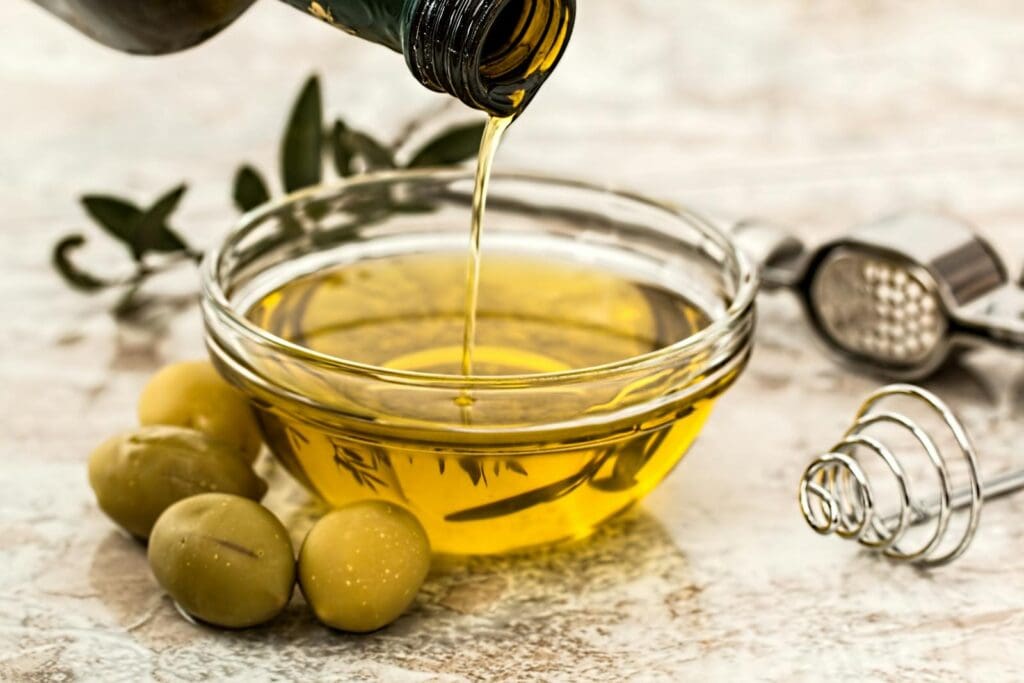
Extra virgin olive oil is full of healthy fats and heart-healthy antioxidants. It works best for low to medium heat cooking, like sautéing or drizzling over salads. Look for bottles labeled “extra virgin” in dark glass to keep the oil fresh. Lighter olive oils are more suitable for high-temp cooking.
2. Use: Avocado Oil

Avocado oil can handle high heat (up to 520°F), so it’s perfect for frying, grilling, or roasting. It’s full of good fats and vitamin E, which is great for your heart. Choose cold-pressed avocado oil for the healthiest option. Just make sure you’re buying from a reputable brand, as some can be cut with lower quality oils to reduce costs.
3. Use: Canola Oil
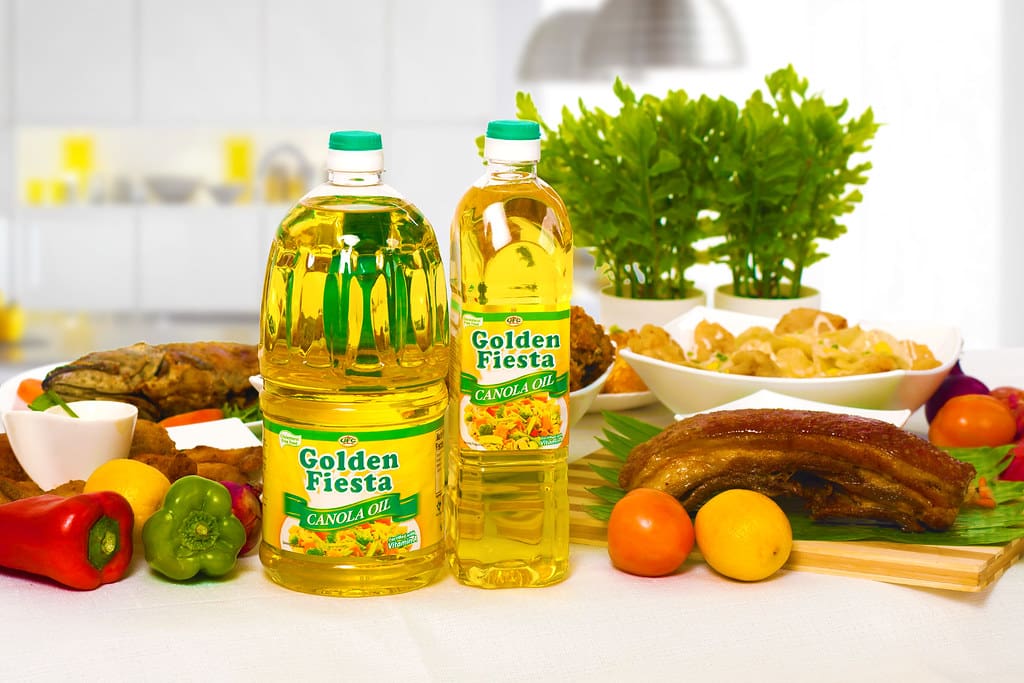
Canola oil is low in unhealthy fats and has omega-3 fatty acids that help keep your heart healthy. It has a high smoke point (400°F), so it’s great for baking, frying, and sautéing. Look for organic or non-GMO canola oil when available.
4. Use: Walnut Oil

Walnut oil is full of omega-3 fatty acids, which are great for your brain and heart. Unfortunately, it burns pretty easily, so it’s best for cold dishes like salads or drizzling on top of meals. Keeping it in the fridge will make it stay fresh for longer.
5. Use: Sesame Oil
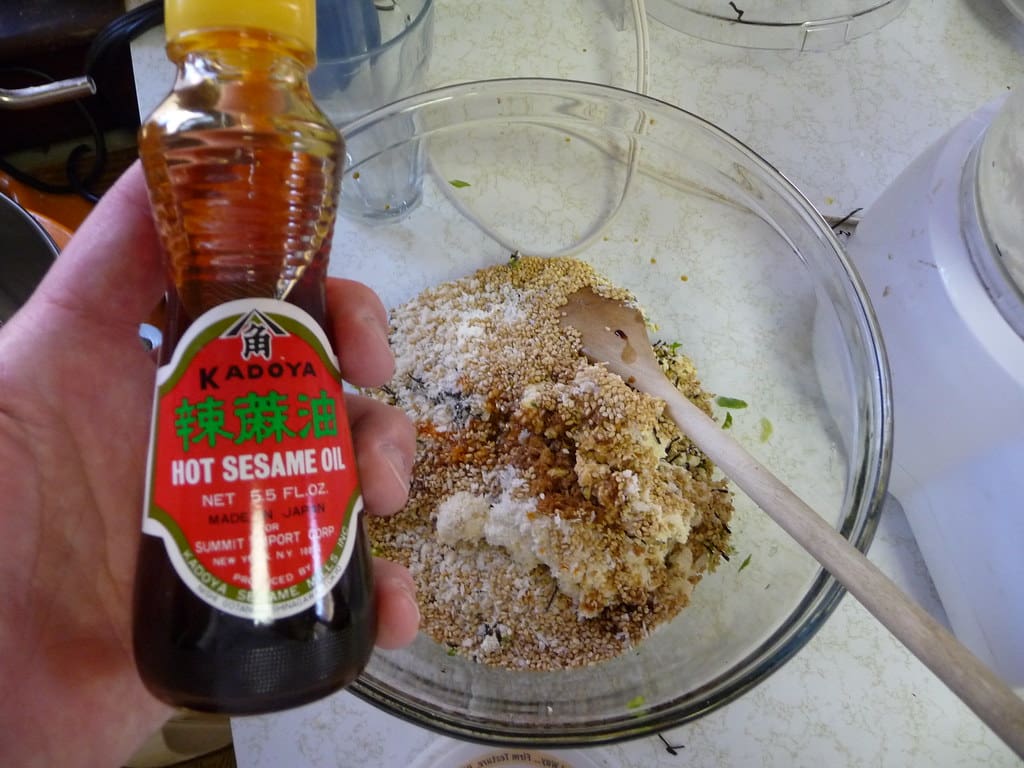
Sesame oil has healthy fats and a strong, nutty flavor that makes dishes taste delicious. Use light sesame oil for medium-heat cooking and toasted sesame oil (the one you’re probably most familiar with) as a topping or in stir-fries. Cold-pressed sesame oil is the healthiest choice available.
6. Use: Flaxseed Oil
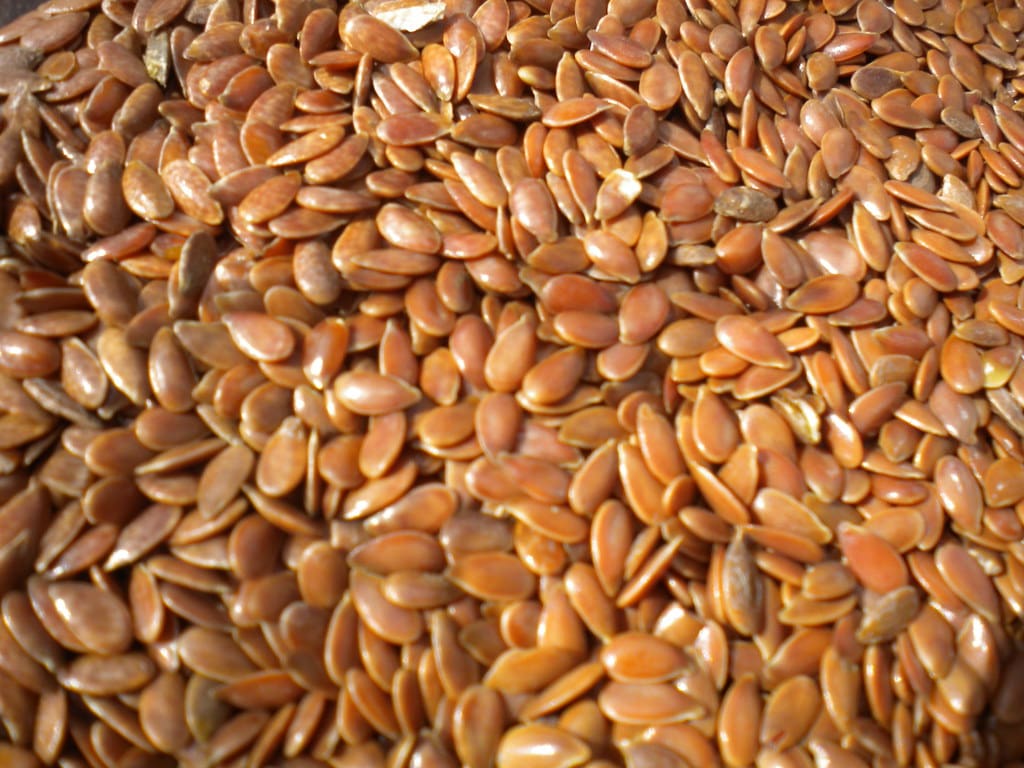
Flaxseed oil is a great source of plant-based omega-3 fats that help your heart and brain. But this is one that you can’t heat, so use it for salad dressings, smoothies, or drizzling over cold foods. Keep it in the fridge because it can spoil quickly.
7. Use: Grapeseed Oil

Grapeseed oil has a neutral flavor and can handle medium heat (about 420°F), which makes it great for sautéing or baking. It’s a good source of vitamin E and healthy fats. Look for versions labeled “expeller-pressed” to avoid some nasty chemicals that are sometimes used in production.
8. Use: Sunflower Oil
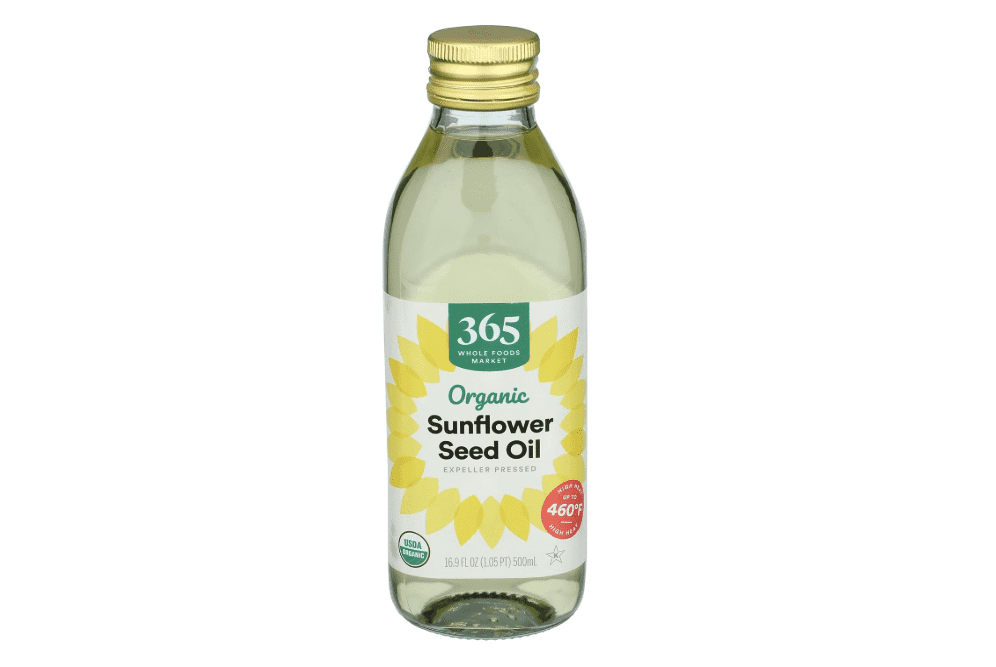
Sunflower oil is packed with vitamin E and works well for frying or high-heat cooking (up to 450°F). Choose high-oleic sunflower oil, as it’s lower in unhealthy omega-6 fats. Store it in a cool, dark place to keep it fresh for as long as possible.
9. Use: Peanut Oil

Peanut oil has a high smoke point (450°F), making it perfect for frying or sautéing. It’s full of healthy fats and adds a mild, nutty flavor to your food. Choose cold-pressed peanut oil when available so you know you’re getting the best quality.
10. Use: Coconut Oil
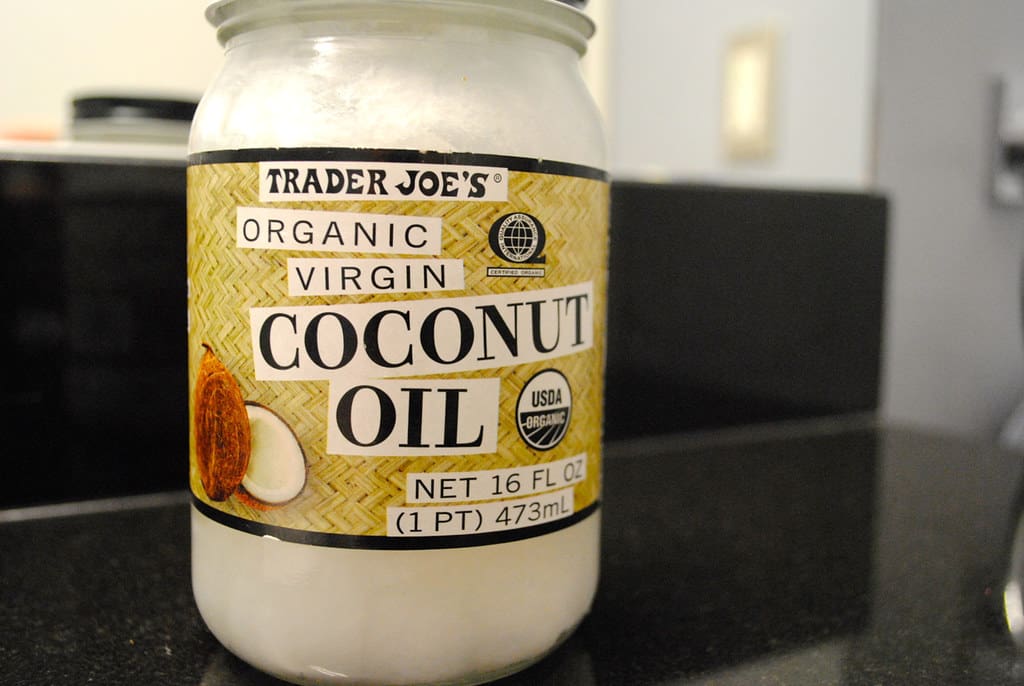
Coconut oil has a lot of saturated fat, so it can be a bit controversial, but is very stable for medium-heat cooking like baking and stir-frying. It adds a sweet, tropical flavor to foods. Choose virgin, unrefined coconut oil for a healthier option.
1. Avoid: Vegetable Oil
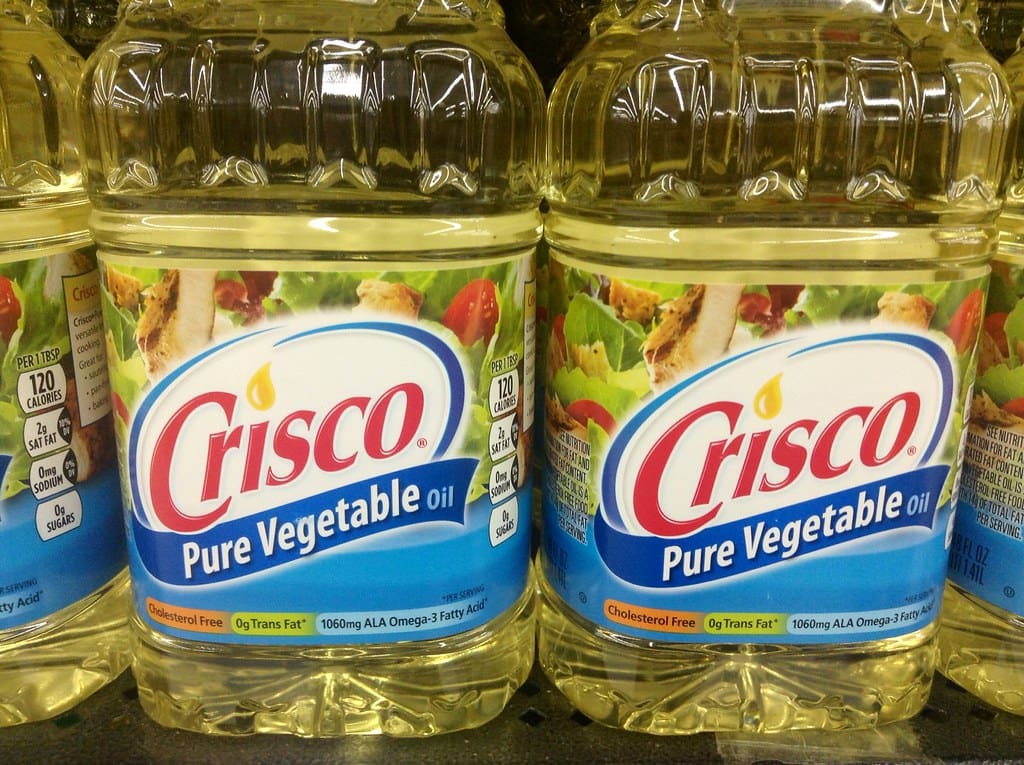
Vegetable oil is often made with a mix of processed oils like soybean or corn oil. It’s high in omega-6 fats, which can cause inflammation, and often contains other unhealthy chemicals introduced during production. Healthier options include olive or avocado oil.
Read More: 10 Versatile Ingredients to Stock Your Pantry With
2. Avoid: Soybean Oil

Soybean oil is a common choice, but it’s heavily processed and high in omega-6 fats, which can be bad if you eat too much. Many soybean oils are also genetically modified. Canola or grapeseed oil is a better option for high heat cooking.
Read More: 10 Natural Beauty Remedies from Your Kitchen
3. Avoid: Corn Oil
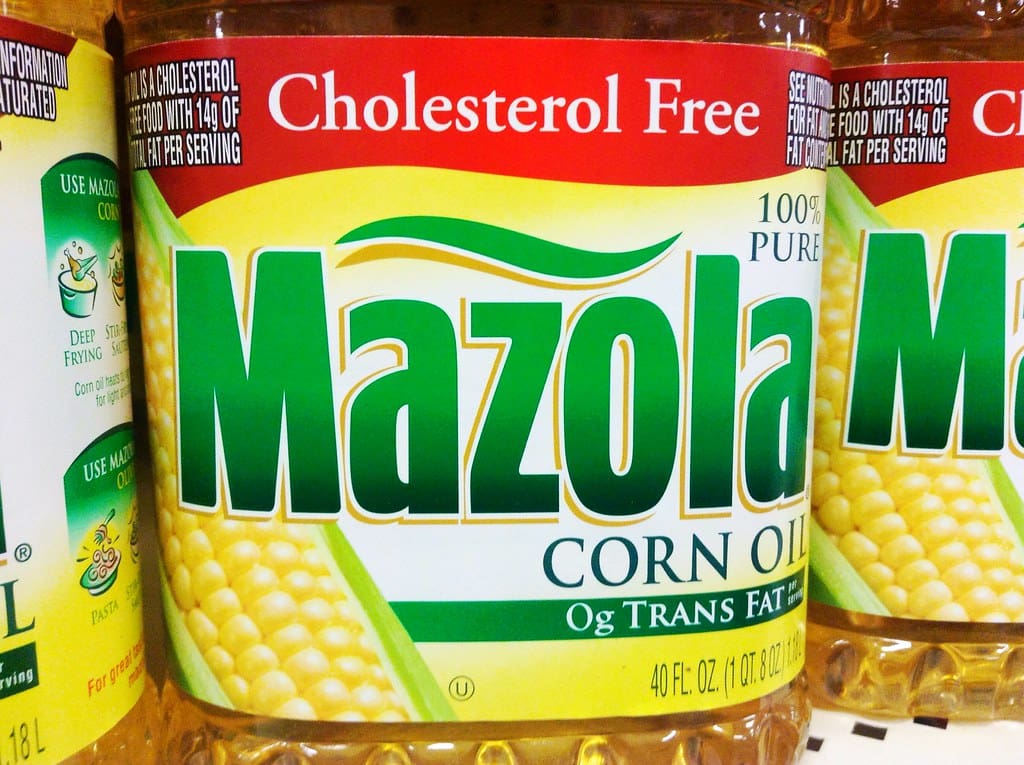
Corn oil has a high smoke point, but loses nutrients during heavy processing. It’s also high in omega-6 fats, which can throw off your body’s balance. Try sunflower or peanut oil instead.
Read More: Do You Know When to Throw Out Old Pantry Staples?
4. Avoid: Palm Oil
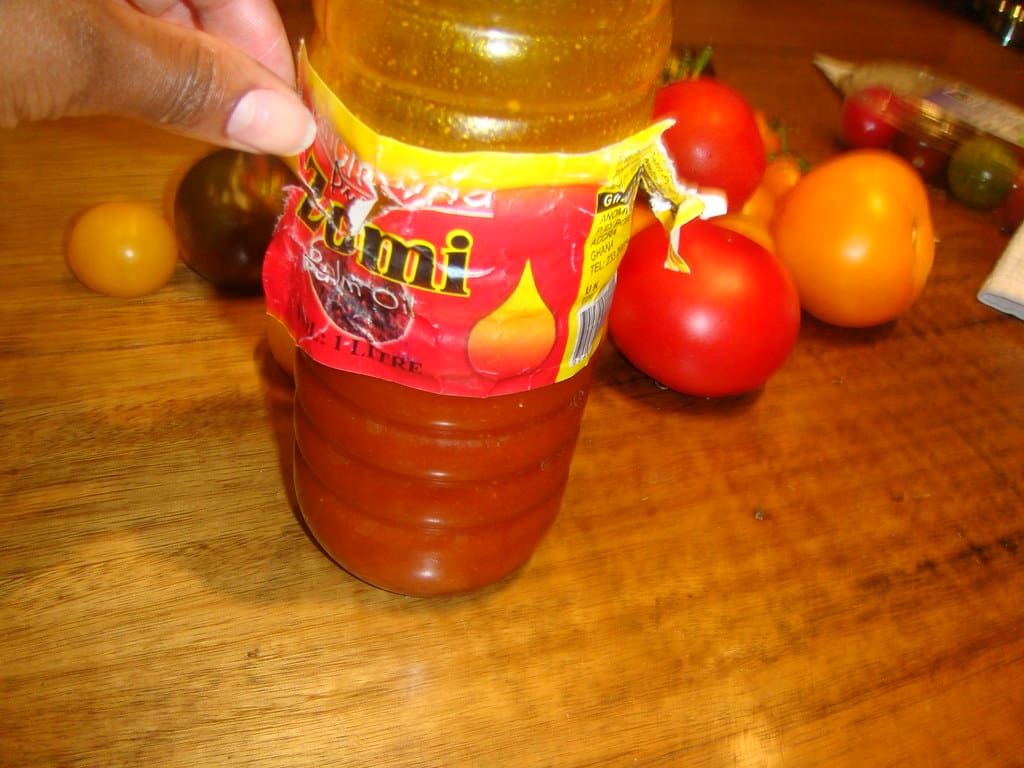
Palm oil is high in saturated fats and is often tied to environmental problems like deforestation. Refined palm oil may also contain unhealthy trans fats. If you must use it, look for “RSPO-certified” sustainable palm oil.
Read More: 10 Foods You Didn’t Know Were Keto-Friendly
5. Avoid: Cottonseed Oil

Cottonseed oil is highly processed and may contain pesticide residues since cotton isn’t usually grown as a food crop. It’s also full of omega-6 fats and has little nutritional value. Go for healthier oils like sesame or walnut oil instead.
Read More: Top 10 Foods You Didn’t Know Were Genetically Modified








